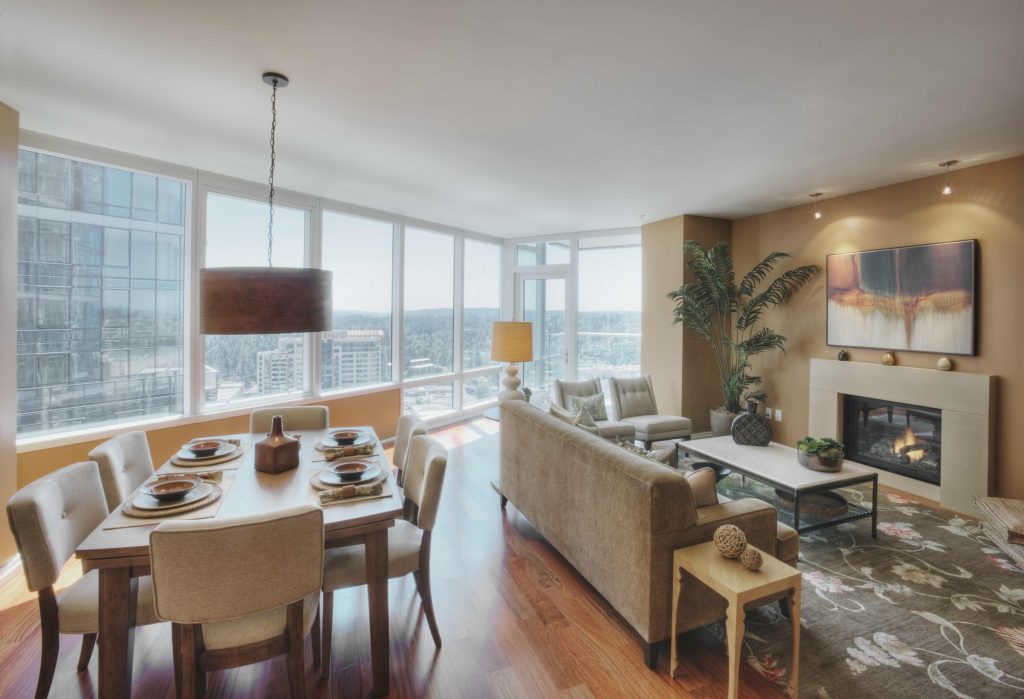Renovating a condominium in New York City involves more than design choices and construction planning. One of the most significant steps is obtaining condo board approval before starting work. Boards play a powerful role in shaping what owners can do within their homes, ensuring that renovations do not disrupt neighbors, damage shared systems, or compromise the building’s long-term health.
While this process can feel daunting, understanding the rules, preparing thoroughly, and partnering with an experienced contractor can make the experience smoother. This guide provides a detailed look at how condo board approvals work in NYC, what to expect, and how to move through the process efficiently.
How Condo Boards Operate in NYC
Condo boards are elected governing bodies that oversee the management and policies of the building. They act in the collective interest of all unit owners and often rely on legal counsel, building managers, and architects when reviewing renovation applications.
Boards are authorized under New York State Condominium Law and building bylaws to:
- Approve or deny renovation proposals.
- Require insurance coverage, security deposits, or indemnifications.
- Impose rules about working hours and contractor access.
- Set guidelines for how alterations affect plumbing, electrical, and HVAC systems.
Unlike single-family homes in New Jersey or Long Island, condo renovations in NYC involve a layered approval process: both the condo board and the NYC Department of Buildings (DOB) must sign off before work can begin.
Condo vs. Co-op Approvals
Although this guide focuses on condominiums, many New Yorkers live in cooperative buildings. Co-op boards are often even more restrictive than condo boards because shareholders technically own stock in the building corporation rather than the unit itself.
- Condo Boards: Review for structural impact, noise, insurance, and compliance.
- Co-op Boards: Often evaluate financial standing, resale impact, and may impose stricter alteration agreements.
If you live in a Manhattan apartment, it’s critical to know whether your building is a condo or co-op, since approval requirements can vary dramatically.
Typical Renovation Projects That Trigger Board Review
- Kitchen Remodels – Plumbing, gas, and ventilation upgrades usually require detailed engineering plans.
- Bathroom Renovations – Moving fixtures or altering waterproofing is carefully scrutinized to prevent leaks.
- Flooring Changes – Boards often mandate soundproofing underlayment before approving wood or tile floors.
- Closet Remodels – Even storage solutions may require review if walls or utility chases are affected.
- Basement Finishing – Often reviewed for egress, moisture protection, and building code compliance.
- Painting Projects – Simple refreshes are usually exempt, but larger wall alterations still require permission.
- Luxury Additions – Projects like a fantasy room or smart storage system may face additional conditions for noise and design impact.
The Alteration Agreement: The Core of Condo Board Approval
Most condo boards require owners to sign an alteration agreement before construction begins. This legally binding contract sets the framework for the renovation. Key elements include:
- Scope of Work: Detailed description of what will be done.
- Insurance Requirements: Contractors often must provide liability insurance of $1–5 million.
- Timelines: Strict start and finish dates, with penalties for overruns.
- Building Protections: Mandates on dust containment, elevator protection, and debris removal.
- Financial Responsibility: Owners agree to cover any damage caused to common areas.
According to the NYC Bar Association, owners should carefully review alteration agreements with legal counsel before signing, as these documents can shift significant liability onto the homeowner.
The Approval Process: Step by Step
1. Pre-Planning
Before hiring contractors, review the condo’s rules. If your building restricts certain materials or design features, incorporate those limits into your renovation plans early.
2. Submitting Documentation
Most boards require:
- Detailed architectural drawings.
- Contractor licenses and insurance certificates.
- Project descriptions and schedules.
- City permit applications (if applicable).
3. Board or Management Review
Applications are typically reviewed by building management first, then presented to the board. Some projects require outside engineering or legal review, which adds both cost and time.
4. Approval or Conditional Approval
Boards may approve outright, but more often they attach conditions such as increased insurance, soundproofing requirements, or shortened work hours.
5. Signing the Alteration Agreement
No work can begin until this agreement is executed by both the owner and the board.
Timelines and Delays
The timeline for condo board approval varies, but homeowners should expect:
- Initial Review: 2–4 weeks if paperwork is complete.
- Board Meetings: Monthly or quarterly schedules can delay decisions.
- Engineering Reviews: Add 1–2 months for complex projects.
- City Permits: NYC DOB permits may take an additional 2–6 weeks.
Altogether, approvals can take anywhere from 1 to 6 months. This should be factored into your remodeling schedule, especially for larger projects like gut renovations or brownstone remodels.
Fees and Deposits
Condo boards frequently require homeowners to pay fees as part of the approval process, including:
- Application Fees: Typically $500–$2,500.
- Legal Fees: If the board’s attorney reviews the alteration agreement, costs are billed back to the homeowner.
- Engineering Fees: Applied when outside consultants evaluate plans.
- Security Deposits: $5,000–$20,000, refundable upon project completion if no damage occurs.
Understanding these costs upfront will help avoid unpleasant surprises when budgeting for your NYC Remodel.
Strategies to Make the Process Easier
- Hire Experienced Contractors: Partner with professionals who know how to present documentation boards expect. See our projects for examples of past condo work.
- Be Proactive About Communication: Respond quickly to requests from the board or building manager.
- Budget Extra Time: Plan for delays before signing construction contracts.
- Plan Seasonal Timing: Some boards restrict noisy work during summer or holiday periods.
- Leverage Professional Design Services: Contractors who offer design-build capabilities simplify the approval process. See Should I Hire a Design-Build Firm for My NYC Home Remodel?.
Common Challenges and How to Overcome Them
- Noise Concerns
Boards may deny projects that increase sound transfer. Acoustic underlayments and professional installation of tile floors can address these issues. - Plumbing Restrictions
Moving wet areas (like a bathroom) is often denied. Work within existing layouts where possible. - Neighbor Complaints
Boards are sensitive to disruption. Contractors skilled in dust barriers, debris removal, and clear communication can help minimize resistance. - Slow Review Cycles
Submitting a thorough, error-free application helps avoid back-and-forth delays.
Resources for Homeowners
- NYC Department of Buildings – Permits and filings.
- NYC Bar Association – Guidance on alteration agreements.
- New York State Attorney General – Information on condo and co-op rights.
These government and legal resources help establish what boards can and cannot require, ensuring you are not subjected to unreasonable restrictions.
Navigating Condo Board Approvals with Confidence
Condo board approvals are often one of the most time-consuming aspects of renovating in New York City. Between paperwork, legal agreements, insurance requirements, and city permits, the process requires patience and expertise.
At MTK Contracting, we have decades of experience helping clients across NYC, Manhattan, and beyond. From apartments to brownstones, our female-led team knows how to navigate approvals while delivering luxury remodels that reflect your vision.
Explore our remodeling blog for related resources, or contact us to start planning your renovation.



